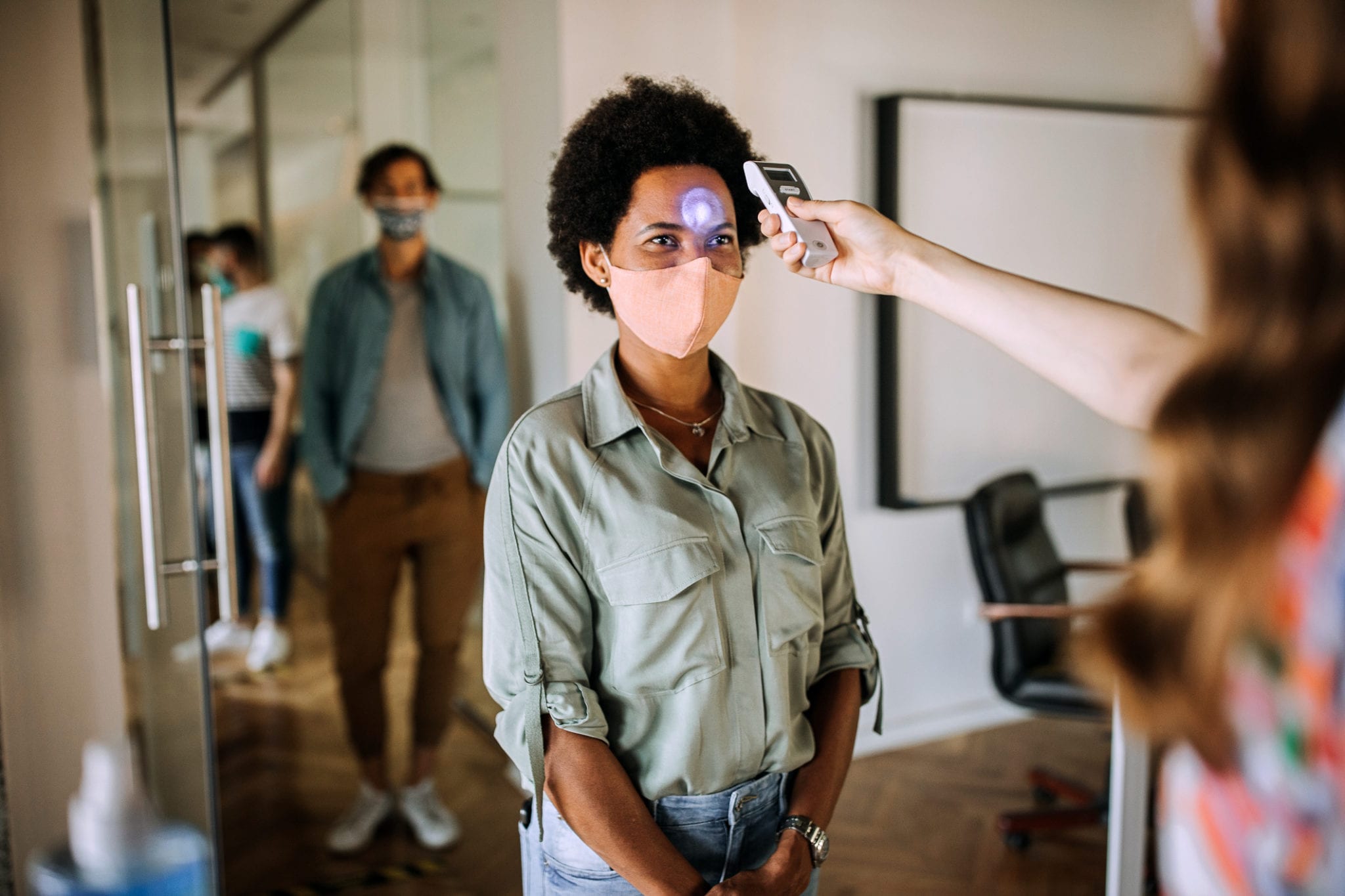
by hanna | Jan 6, 2021 | General News, Physical Health
Coronavirus cases have been spreading in the United States since early 2020 and cases have been on the rise since the fall months. Becoming informed and taking proper precautions is imperative in beating this disease. Basic Facts What is COVID-19? COVID-19 is a...


